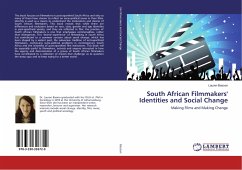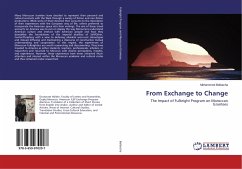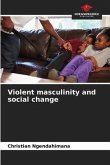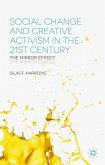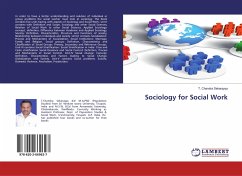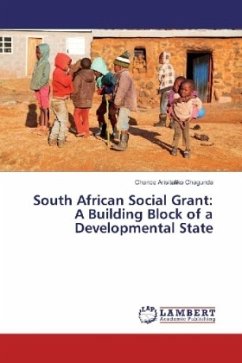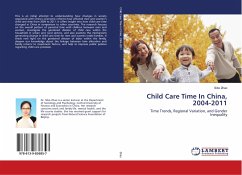This book focuses on filmmakers in post-apartheid South Africa and why so many of them have chosen to reflect on socio-political issues in their films. Identity is used as a means to understand the motivations and desires of South African filmmakers. This book reveals that while there are differences and exclusions based on race, class, gender and age identities in post-apartheid society, and they are reflected in film, the practice of South African filmmakers is one that emphasises commonalities, rather than divergences. This 'shared experience' of filmmaking in South Africa has contributed to a common concern about social change, which has been shaped by a violent past, the subversive tradition of anti-apartheid filmmakers, continuing socio-political problems in contemporary South Africa and the initiatives of post-apartheid film institutions. This book will be especially useful to filmmakers, activists and anyone interested in how the agency and determination of a group of South African filmmakers have contributed to a collection of movies that challenge us to question the status quo and to keep trying for a better world.
Bitte wählen Sie Ihr Anliegen aus.
Rechnungen
Retourenschein anfordern
Bestellstatus
Storno

